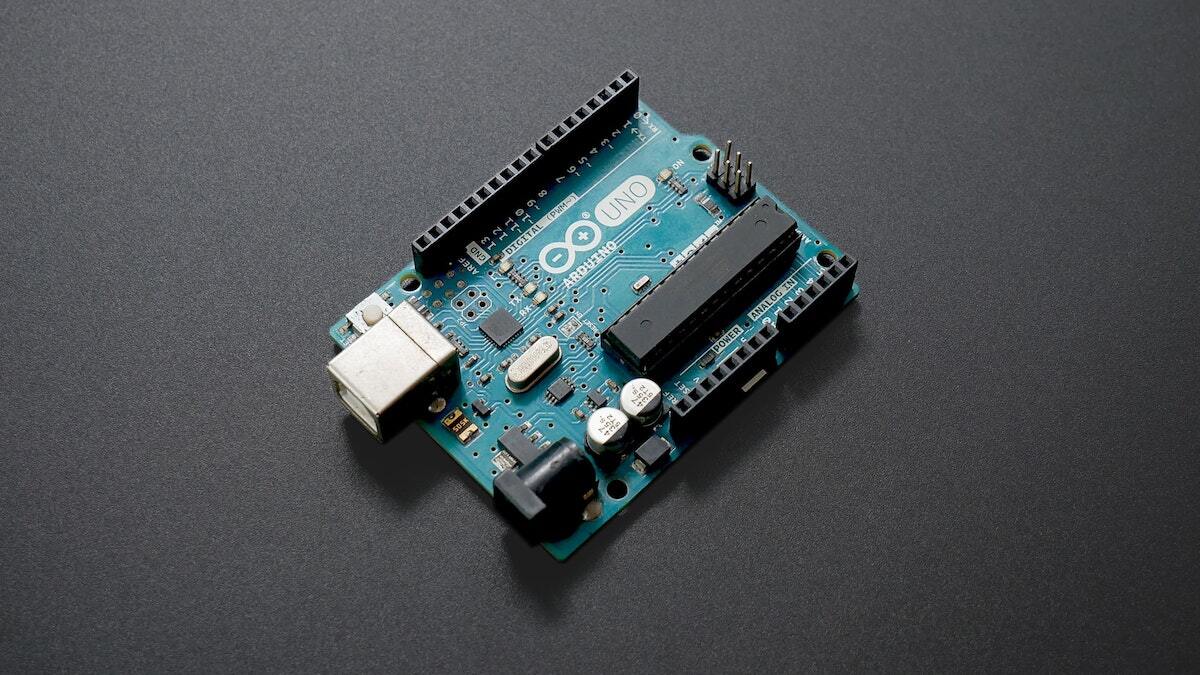The CHIPS and Science Act act is intended to alleviate the ongoing chip shortage in the U.S. | Vishnu Mohanan/Unsplash
The CHIPS and Science Act act is intended to alleviate the ongoing chip shortage in the U.S. | Vishnu Mohanan/Unsplash
Gov. Gretchen Whitmer (D-MI) recently signed a bipartisan bill aimed at addressing supply chain issues in the U.S.
The CHIPS and Science Act act is intended to alleviate the ongoing chip shortage, boost manufacturing, lower costs, facilitate and secure jobs, and protect national security, according to a press release from the governor's office.
“I voted for the CHIPS and Science Act because I listened to my constituents in southeast Michigan, including workers in the auto industry who understand that we need to make semiconductors right here in America,” Rep. Andy Levin (D-Berkley) said in the press release. “After the supply chain issues of the past year, it is clear we need to reverse the misguided trade policies that got us into this mess and start pursuing policies that promote domestic manufacturing.”
Whitmer called the bill a historic win for the state and a game-changer for the economy.
“I am so grateful to our congressional delegation for working across the aisle to get this done. CHIPS+ will make once-in-a-generation investments to set America up for decades of growth by bringing vital supply chains home, creating and protecting tens of thousands of good-paying jobs, and lowering costs for families,” she said in the press release. “I look forward to utilizing it to its fullest potential so we can build on Michigan’s economic momentum, support tens of thousands of jobs, and lower costs for Michiganders. Together, we will show the world that Michigan is the place to build the future. Let’s keep moving forward.”
"The CHIPS and Science Act will fund $52 billion in incentives to boost domestic semiconductor production and research," the press release noted. From that amount, $2 billion is earmarked toward incentives for the production of mature-node semiconductors. This technology is utilized by auto manufacturers and in medical devices, agricultural machinery, and "radiation-proof chips required by our national defense industrial base."




 Alerts Sign-up
Alerts Sign-up